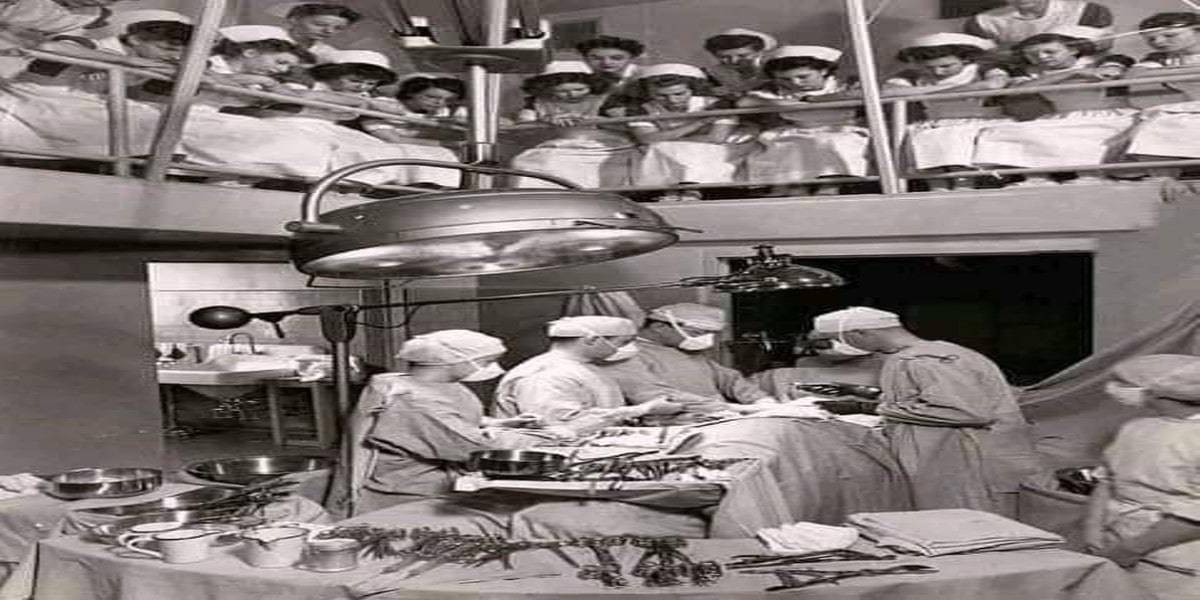Why is an Operation Theatre Called Tehatre?
Doodlebrary
- The term “Operation Theatre” is primarily used in British English and some other English-speaking countries, while in American English, it’s commonly referred to as an “Operating Room”.
- The term “theatre” in this context does not refer to a place for performing plays or musicals; instead, it has historical roots in medicine and surgery.
- The use of “theatre” in “Operation Theater” or “Operating Theatre” dates back to the early days of surgery. Here are a few reasons why it may have been called a “theatre”:
- Historical terminology: The term “theatre” was used in the context of surgery as far back as the 18th century. Surgeons would often perform procedures in front of an audience of medical students, fellow surgeons, and other observers. This practice was similar to a theatrical performance in that there was a stage (the operating table), an audience, and a focus on skilled practitioners demonstrating their expertise.
- Sterility and cleanliness: The use of the term “theatre” may have conveyed a sense of seriousness and formality to the surgical setting. Surgical procedures require a high degree of sterility and cleanliness, and referring to the space as a “theatre” may have emphasized the importance of maintaining a controlled and hygienic environment.
- Tradition and continuity: Medical terminology often retains historical terms even as practices and technologies evolve. The term “theatre” in this context may have persisted due to tradition and the desire to maintain continuity with the past.
- While the term “Operating Room” is more straightforward and directly reflects the purpose of the space, “Operation Theatre” or “Operating Theatre” has continued to be used in some regions and medical contexts, emphasizing the historical significance and formality associated with surgical procedures.
